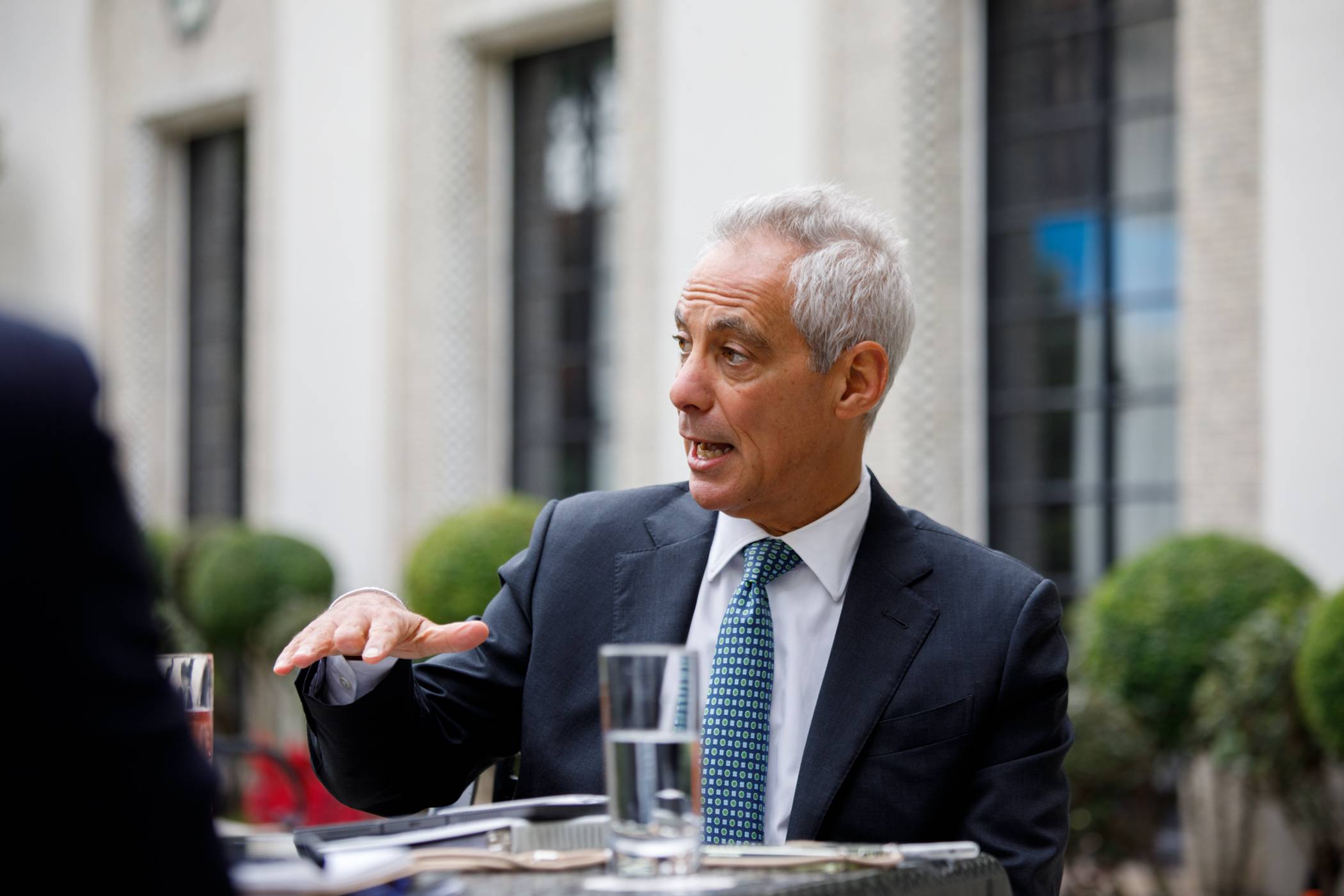The United States is hoping that Japan’s industrial base — including industries not traditionally associated with defense — can play a bigger role in the two countries’ alliance amid mounting security challenges in the region, U.S. Ambassador to Japan Rahm Emanuel said in a recent interview.
At his residence in Tokyo, the political heavyweight who served as a chief of staff and senior adviser in two White Houses, said building up resilience across a number of sectors and supply chains and bolstering deterrence capabilities were crucial goals for the alliance as it grapples with what he calls “the three C’s” — COVID-19, conflict and coercion — which have upended conventional thinking across the globe.
“The United States can do a lot to support our national security and the national security of our allies,” Emanuel told The Japan Times. “But we actually need Japan's industrial base to be part of the solution.”


















With your current subscription plan you can comment on stories. However, before writing your first comment, please create a display name in the Profile section of your subscriber account page.